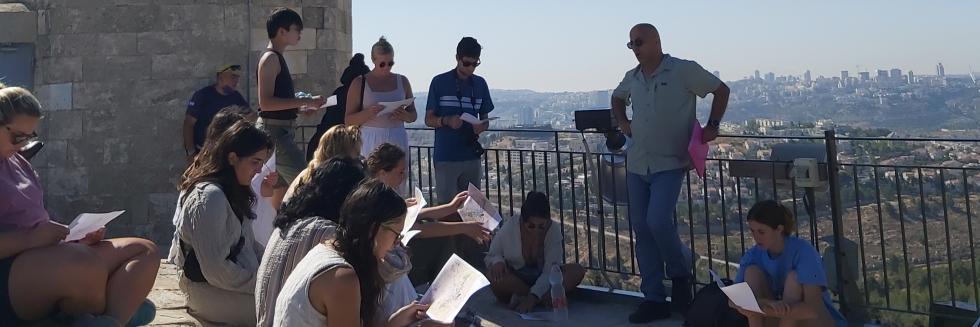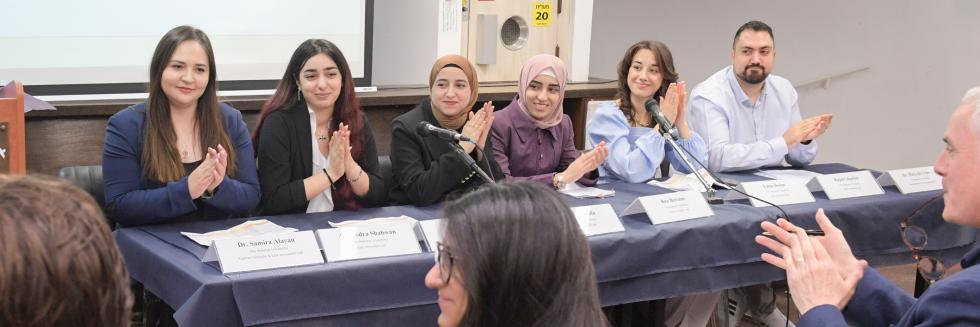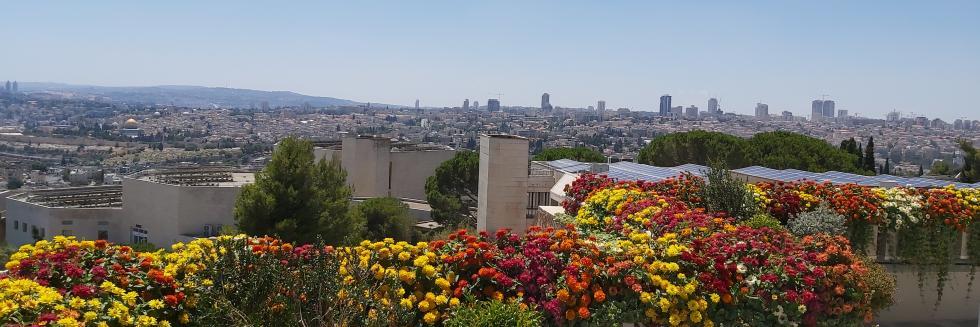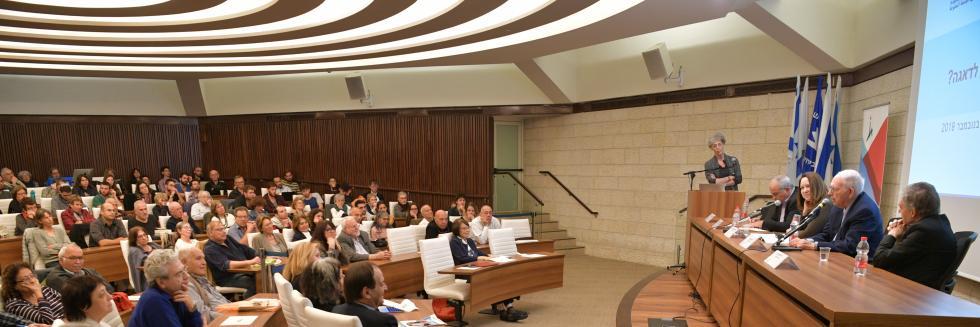Prof. Avraham Sela
Former Academic Committee Chairman
Areas of Expertise: Arab-Israeli war 1948; Narratives and apology in Israeli-Palestinian conflict; foreign fighters in comparative historical perspective; Palestinian Hamas
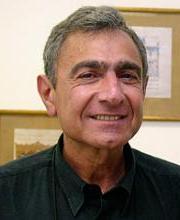
A. Ephraim and Shirley Diamond Chair in the Department of International Relations and a senior research fellow at the Truman Institute, both at the Hebrew University of Jerusalem where he earned his Ph.D. in 1987. His main field of research is Middle East politics with special emphasis on inter-Arab and Arab-Israeli relations in regional and historical perspectives, contemporary Palestinian politics and society, and transnational foreign fighters in comparative perspective.
Prior to his academic career he he served for 16 years as an analyst in the Research division of the IDF intelligence. In this capacity he was involved in the Israeli-Egyptian peace talks (1978-80) and was later a member of the Israeli delegation to the military talks with Lebanon (1984-1985).
He was a Visiting Fellow at Princeton University (1987-1988) and Oxford University (2000-2001), and a Visiting Professor at San Diego State University (1993-1994); the University of Waterloo, Ontario (1995); Middle East Technical University, Ankara (1999); University of Tulsa, Oklahoma (2000); Colgate University, NY (2005-2007; 2013), and Carleton College, MN (2011).
His most recent books are:
- The Decline of the Arab Israeli Conflict: Middle East Politics and the Quest for Regional Order (Albany: SUNY Press, 1998).
- The Continuum Political Encyclopedia of the Middle East(New York: Continuum, 2002) (ed.).
- The Palestinian Hamas: Vision, Violence and Adjustment (New York: Columbia University Press, 2000; 2nd Edition, 2006) (co-authored with Shaul Mishal).
Research Abstract: "State, Society and Transnational Networks: Arab Volunteers in the Afghan War 1980-1989"
This research aims to provide an interdisciplinary and novel approach to understanding the phenomenon of transnational solidarities by examining the complex relationship between the state as a meta-political institution and transnational solidarities as a reflection of popular sentiments and perceptions.
Drawing on theoretical approaches of state-society relations, collective identities, social movements and transnational networks, the study analyzes the perspectives and conditions motivating these two social and political entities to compete with each other over power and identity and, at the same time, also coalesce and constitute each other. This built-in tension will be examined by employing the case of Arab-Muslim volunteers for the war against the Soviet military presence in Afghanistan (1980-89), comparing related aspects with the Arab volunteers in the 1948 war in Palestine as a control case. Both cases represent tacit cooperation between typical opponents and in both cases the parties returned to their original position of competition and even violent collision in the aftermath of the war, not unrelated to the results of the volunteers' effort.
The study focuses on explaining the causal link between 'weak' states and the emergence of violent transnational solidarities and networks. It scrutinizes the domestic and international circumstances, motivations and processes that give birth to the phenomena of lawlessness in 'no man's land' type of territories struck by civil wars and state collapse. The study also ventures to examine the causal link between the socio-economic profile of the individual volunteer and volunteering as a means of social mobility.
Operationally, the study examines two main aspects of state-society interactions:
a) dimensions and characteristics of financial support, official and non-official, for the project of volunteering; b) the role of the state in forging and employing ideology (of holy war) for motivating the mobilization of the volunteers.

